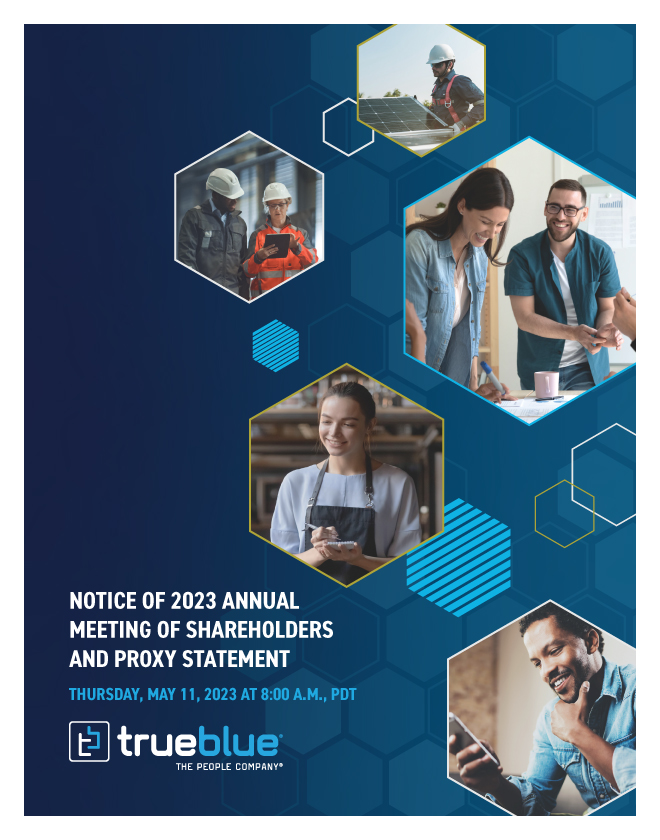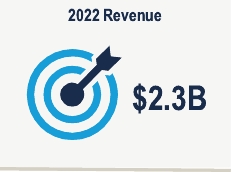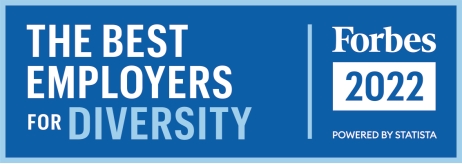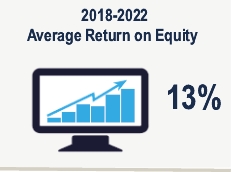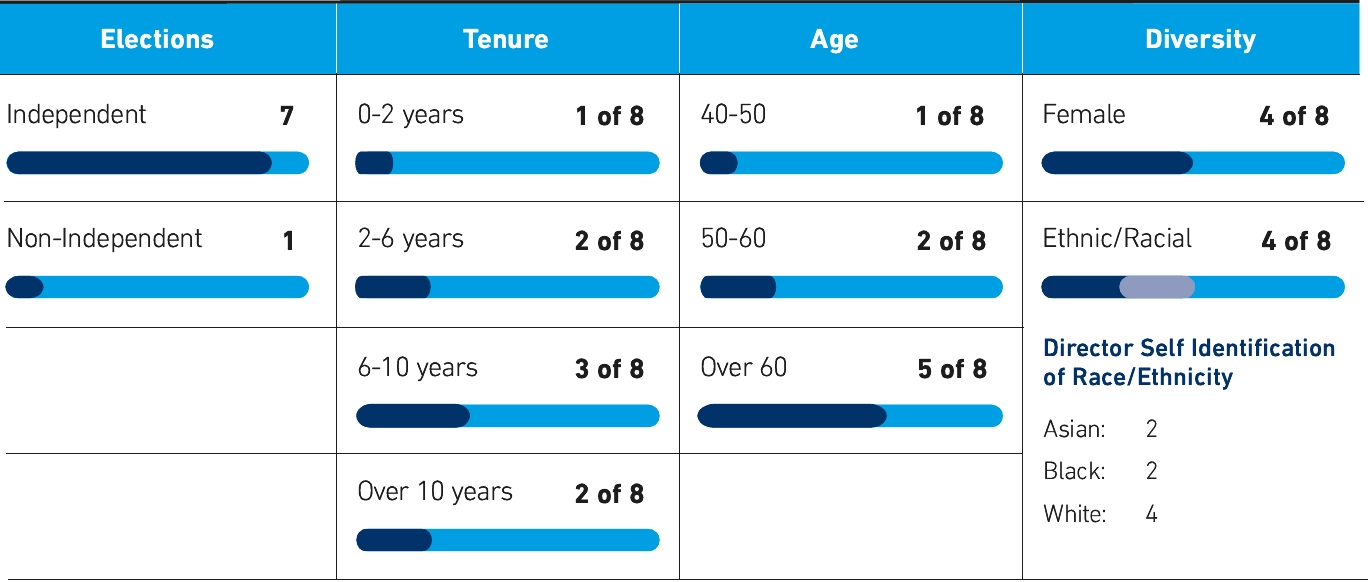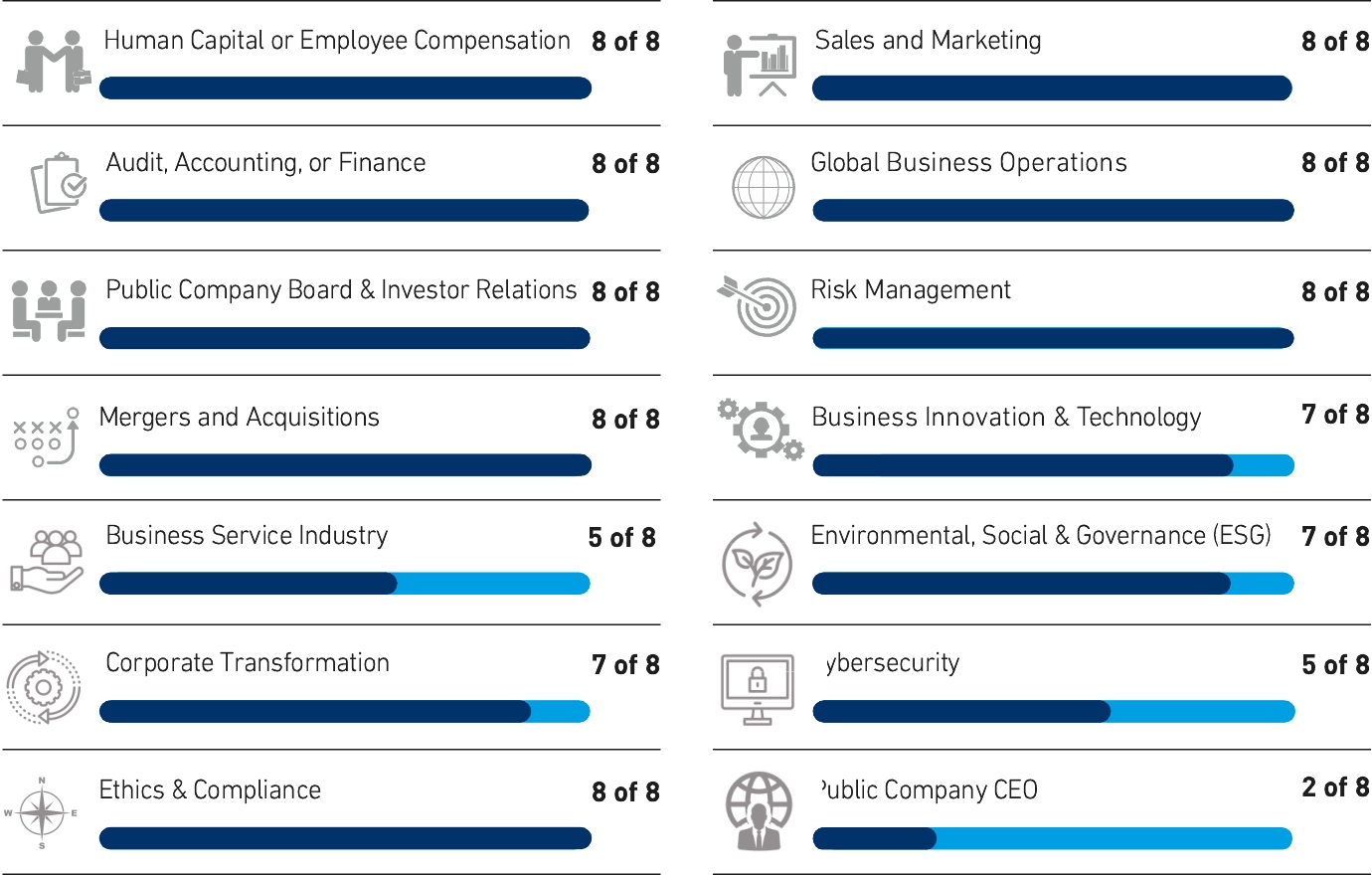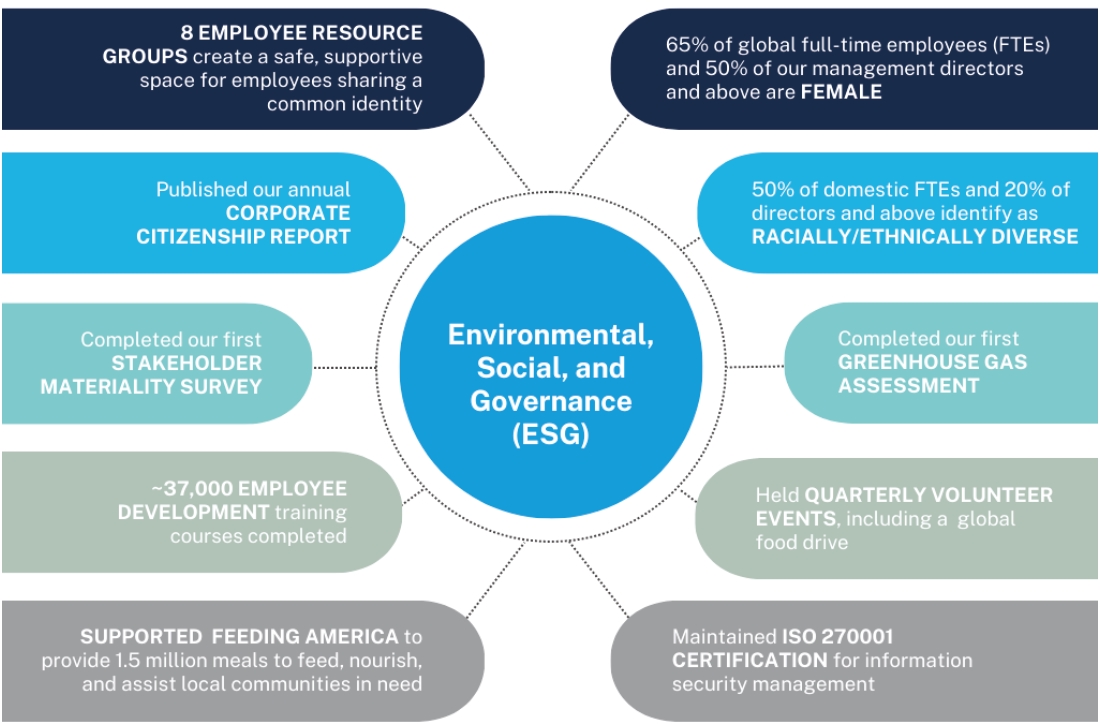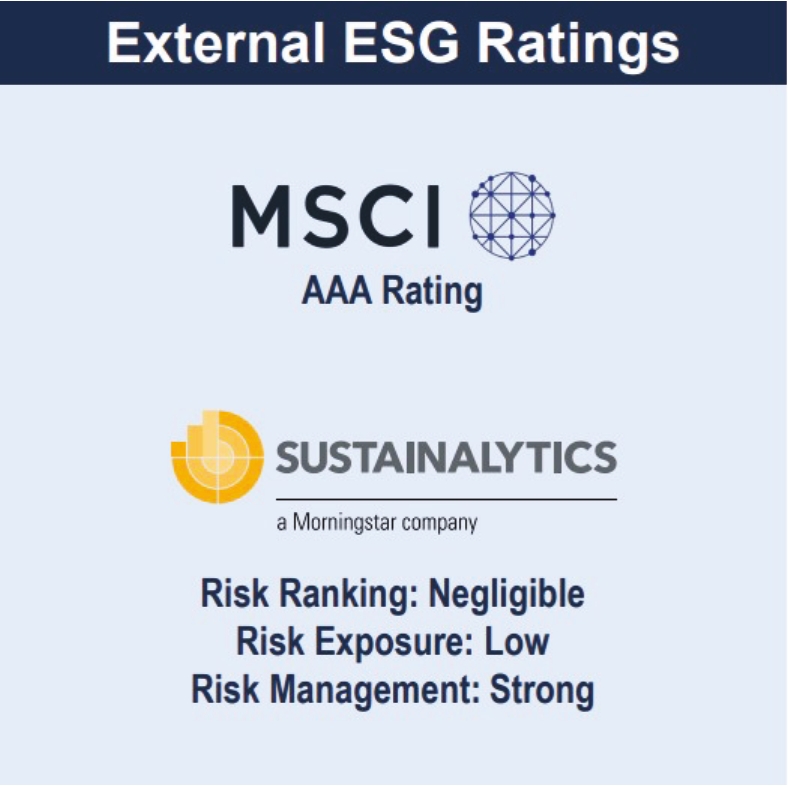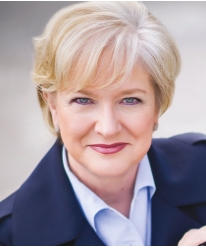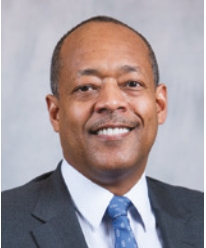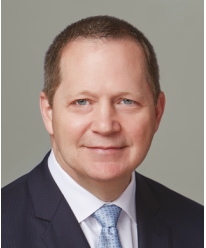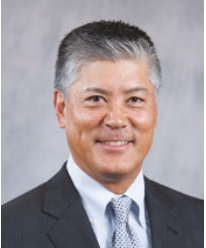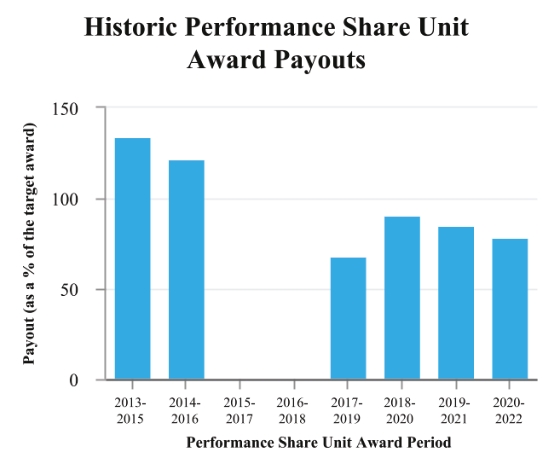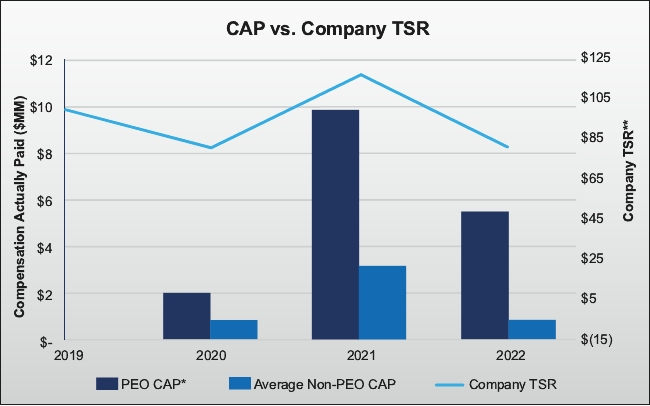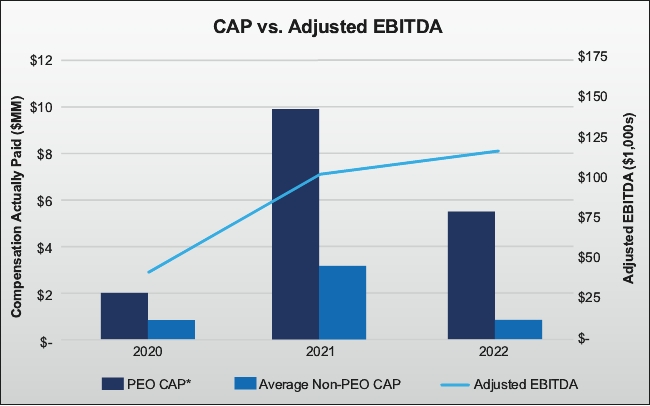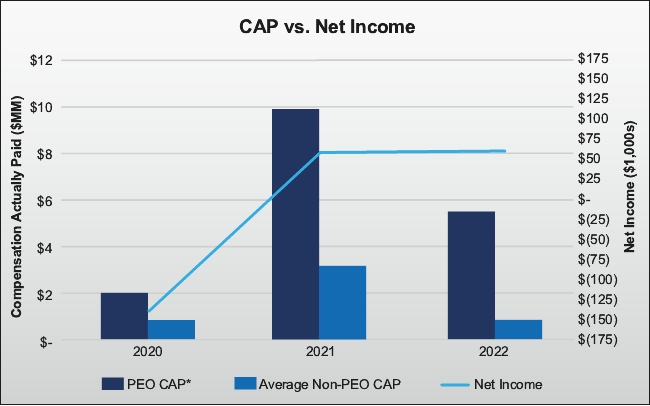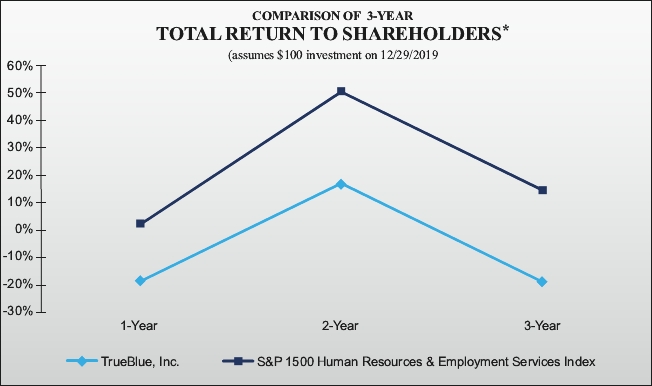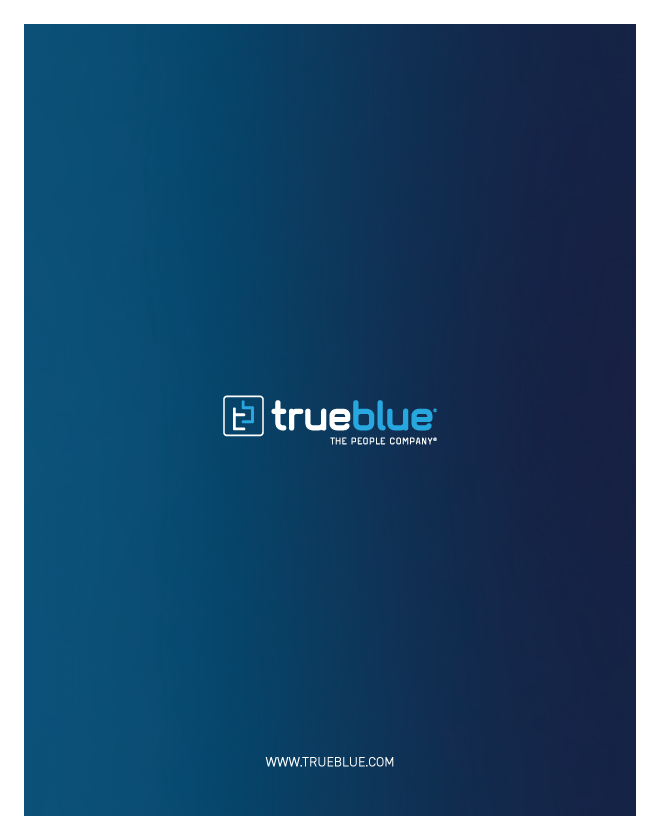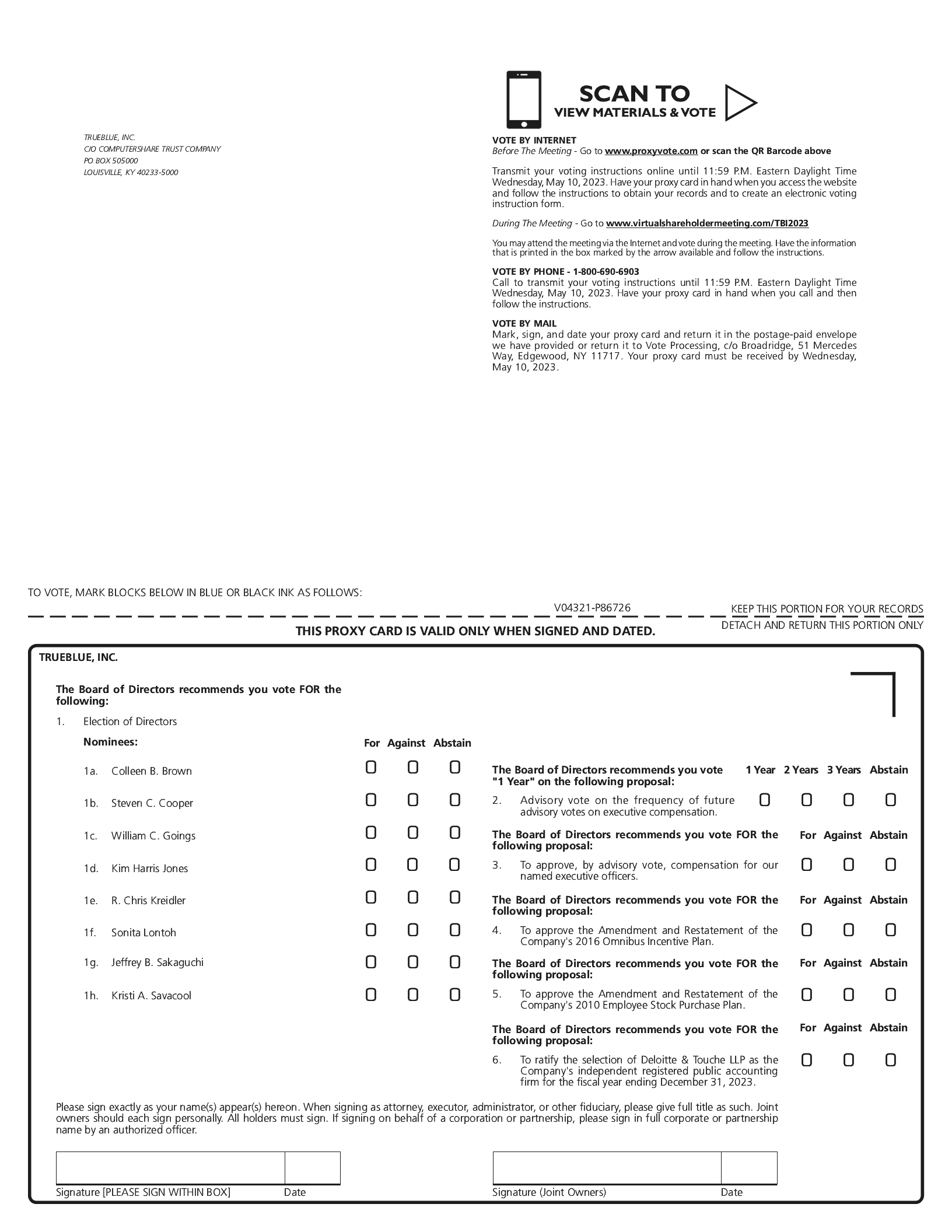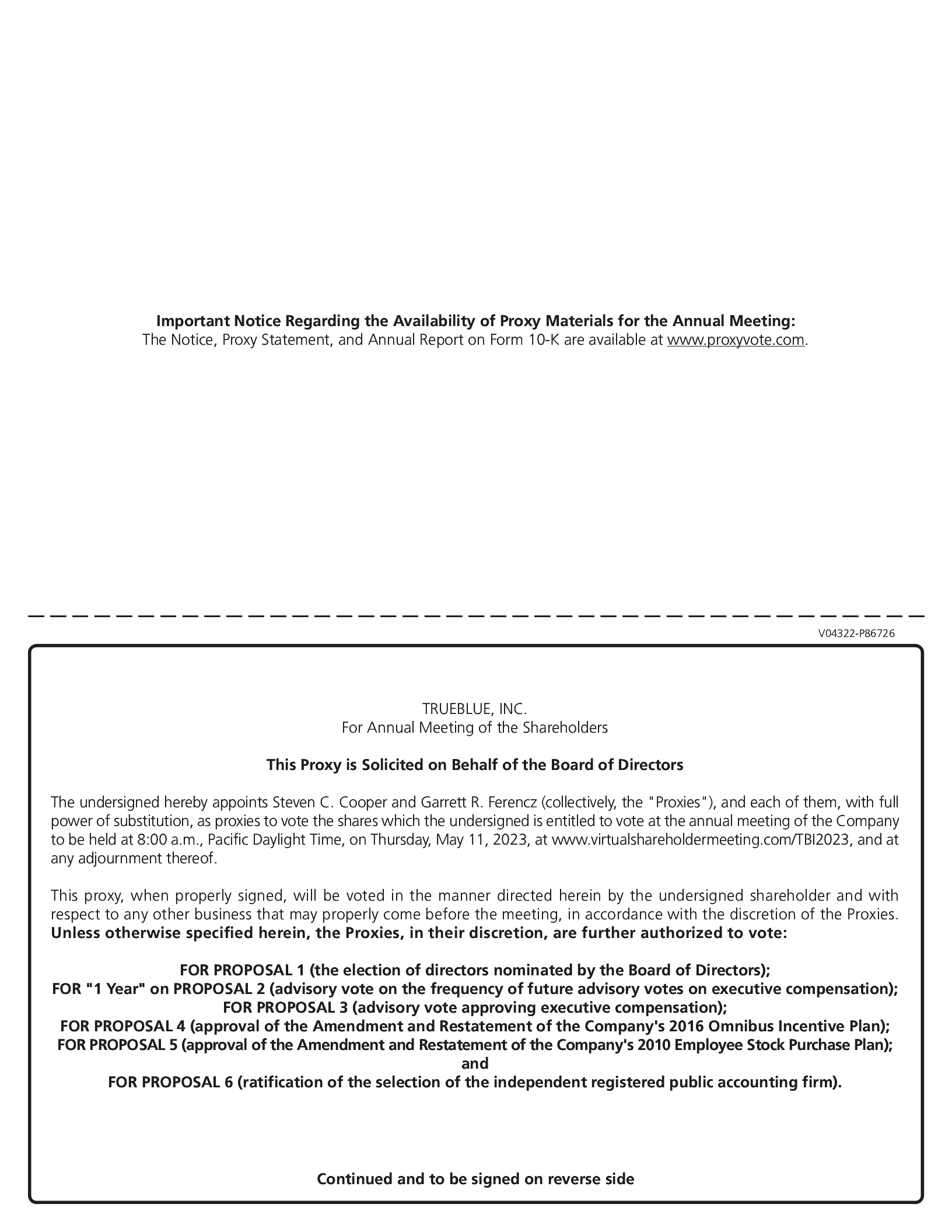2.15. “Exchange Act” means the
Securities Exchange Act of 1934, as now in effect or as hereafter amended.
2.16. “Fair Market Value” of a share of Common Stock as of a particular date shall mean (i) if the Common Stock is listed on a national securities exchange, the closing or last price of the Common Stock on the composite tape or other
comparable reporting system for the applicable date, or if the applicable date is not a trading day, the trading day immediately preceding the applicable date, or (ii) if the shares of Common Stock are not then listed on a national securities
exchange, the closing or last price of the Common Stock quoted by an established quotation service for over-the-counter securities, or (iii) if the shares of Common Stock are not then listed on a national securities exchange or quoted by an
established quotation service for over-the-counter securities, or the value of such shares is not otherwise determinable, such value as determined by the Board in good faith in its sole discretion.
2.17. “Family Member” means a person who is a spouse, former spouse, child, stepchild, grandchild, parent, stepparent, grandparent, niece, nephew, mother-in-law, father-in-law, son-in-law, daughter-in-law, brother, sister, brother-in-law, or
sister-in-law, including adoptive relationships, of the applicable individual, any person sharing the applicable individual’s household (other than a tenant or employee), a trust in which any one or more of these persons have more than fifty
percent of the beneficial interest, a foundation in which any one or more of these persons (or the applicable individual) control the management of assets, and any other entity in which one or more of these persons (or the applicable
individual) own more than fifty percent of the voting interests.
2.18. “Grant Date” means, as determined by the Board, the latest to occur of (i) the date as of which the Board approves an Award, (ii) the date on which the recipient of an Award first becomes eligible to receive an Award under Section 6 hereof, or (iii) such other date as may be specified by the Board in the Award Agreement.
2.19. “Grantee” means a person
who receives or holds an Award under the Plan.
2.20. “Incentive Stock Option” means an “incentive stock option” within the meaning of Section 422 of the Code, or the corresponding provision of any subsequently enacted tax statute, as amended from time to time.
2.21. “Non-Employee Director” means
a member of the Board who is not an Employee.
2.22. “Non-qualified Stock Option” means an Option that is not an Incentive Stock Option.
2.23. “Option” means an option
to purchase one or more shares of Stock pursuant to the Plan.
2.24. “Option Price” means the
exercise price for each share of Stock subject to an Option.
2.25. “Other Stock-based Award” means an award of non-restricted Stock to a Non-Employee Director as part of the annual retainer under the Non-Employee Director compensation program.
2.26. “Performance Award” means an Award made subject to the attainment of performance goals (as described in Section 12) over a performance period established by the Committee and includes an
Annual Incentive Award.
2.27. “Plan” means this
TrueBlue, Inc. 2016 Omnibus Incentive Plan, as amended from time to time.
2.28. “Predecessor Plan” means
the TrueBlue, Inc. 2005 Long-Term Equity Incentive Plan.
2.29. “Purchase Price” means
the purchase price for each share of Stock pursuant to a grant of Restricted Stock.
2.30. “Restricted Period” shall
have the meaning set forth in Section 10.1.
2.31. “Restricted Stock” means
shares of Stock, awarded to a Grantee pursuant to Section 10 hereof.
2.32. “Restricted Stock Unit” means a bookkeeping entry representing the equivalent of shares of Stock, awarded to a Grantee pursuant to Section 10 hereof. The Award of a Restricted Stock Unit
represents the mere promise of the Company to deliver a share of Stock or the appropriate amount of cash, as applicable, upon satisfaction of all applicable vesting conditions (or such later date as provided by the Award Agreement) in
accordance with and subject to the terms and conditions of the applicable Award Agreement and is not intended to constitute a transfer of “property” within the meaning of Section 83 of the Code.
2.33. “SAR Exercise Price” means
the per share exercise price of a SAR granted to a Grantee under Section 9 hereof.
2.34. “SEC” means the United
States Securities and Exchange Commission.
2.35. “Section 409A” means
Section 409A of the Code.
2.36. “Securities Act” means the
Securities Act of 1933, as now in effect or as hereafter amended.
2.37. “Separation from Service” means a termination of Service by a Service Provider, as determined by the Board, which determination shall be final, binding, and conclusive; provided if any Award governed by Section 409A is to be distributed on
a Separation from Service, then the definition of Separation from Service for such purposes shall comply with the definition provided in Section 409A.
2.38. “Service” means service as a Service Provider to the Company or an Affiliate. Unless otherwise stated in the applicable Award Agreement, a Grantee’s change in position or duties shall not result in interrupted or terminated Service, so long as
such Grantee continues to be a Service Provider to the Company or an Affiliate.
2.39. “Service Provider” means an
Employee, Non-Employee Director, or Consultant.
2.40. “Stock Appreciation Right” or
“SAR” means a right granted to a Grantee under Section 9 hereof.
2.41. “Subsidiary” means any
“subsidiary corporation” of the Company within the meaning of Section 424(f) of the Code.
2.42. “Substitute Award” means any Award granted in assumption of or in substitution for an award of a company or business acquired by the Company or a Subsidiary or with which the Company or an Affiliate combines.
2.43. “Ten Percent Stockholder” means an individual who owns more than ten percent (10%) of the total combined voting power of all classes of outstanding stock of the Company, its parent or any of its Subsidiaries. In determining stock
ownership, the attribution rules of Section 424(d) of the Code shall be applied.
